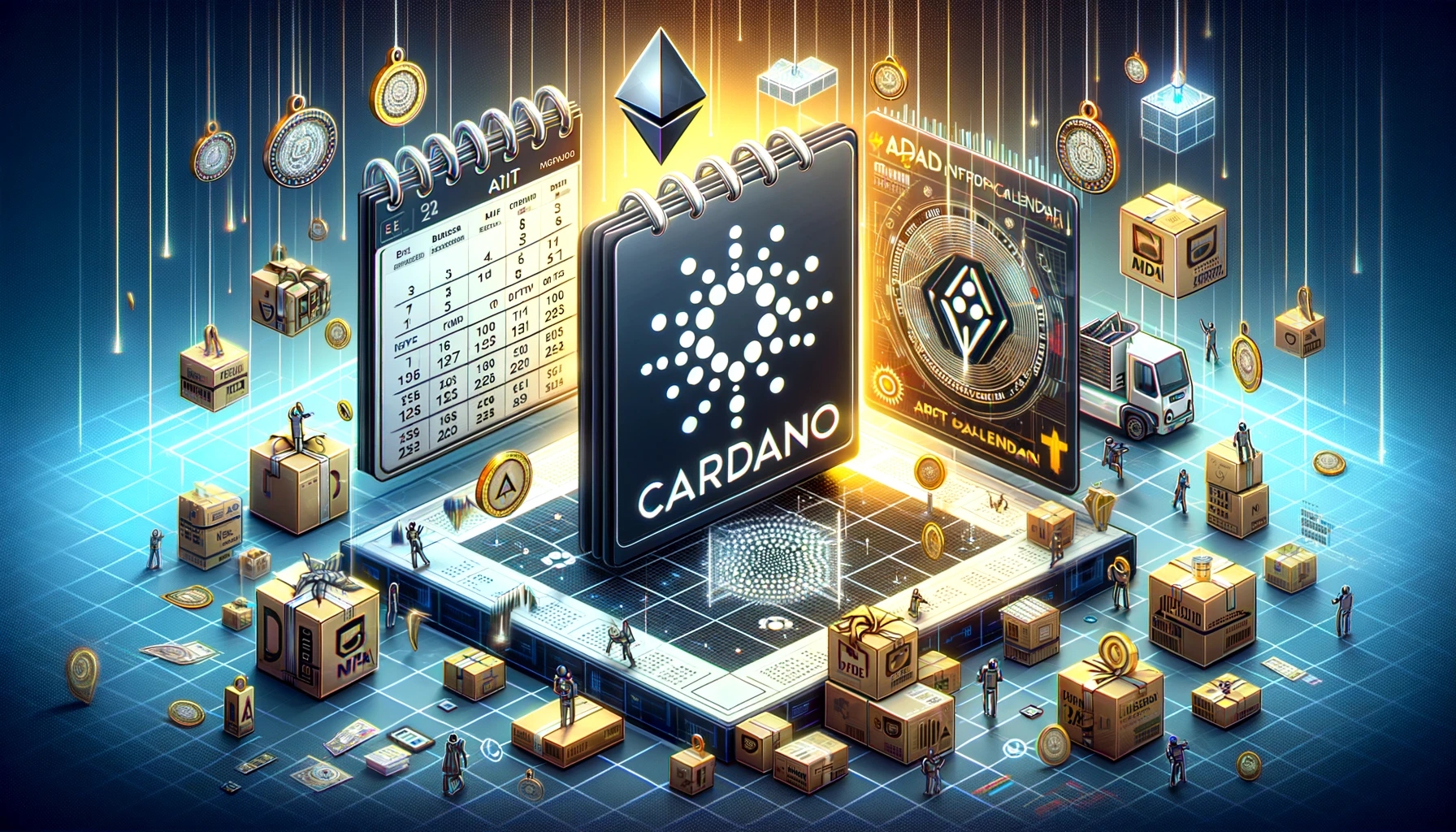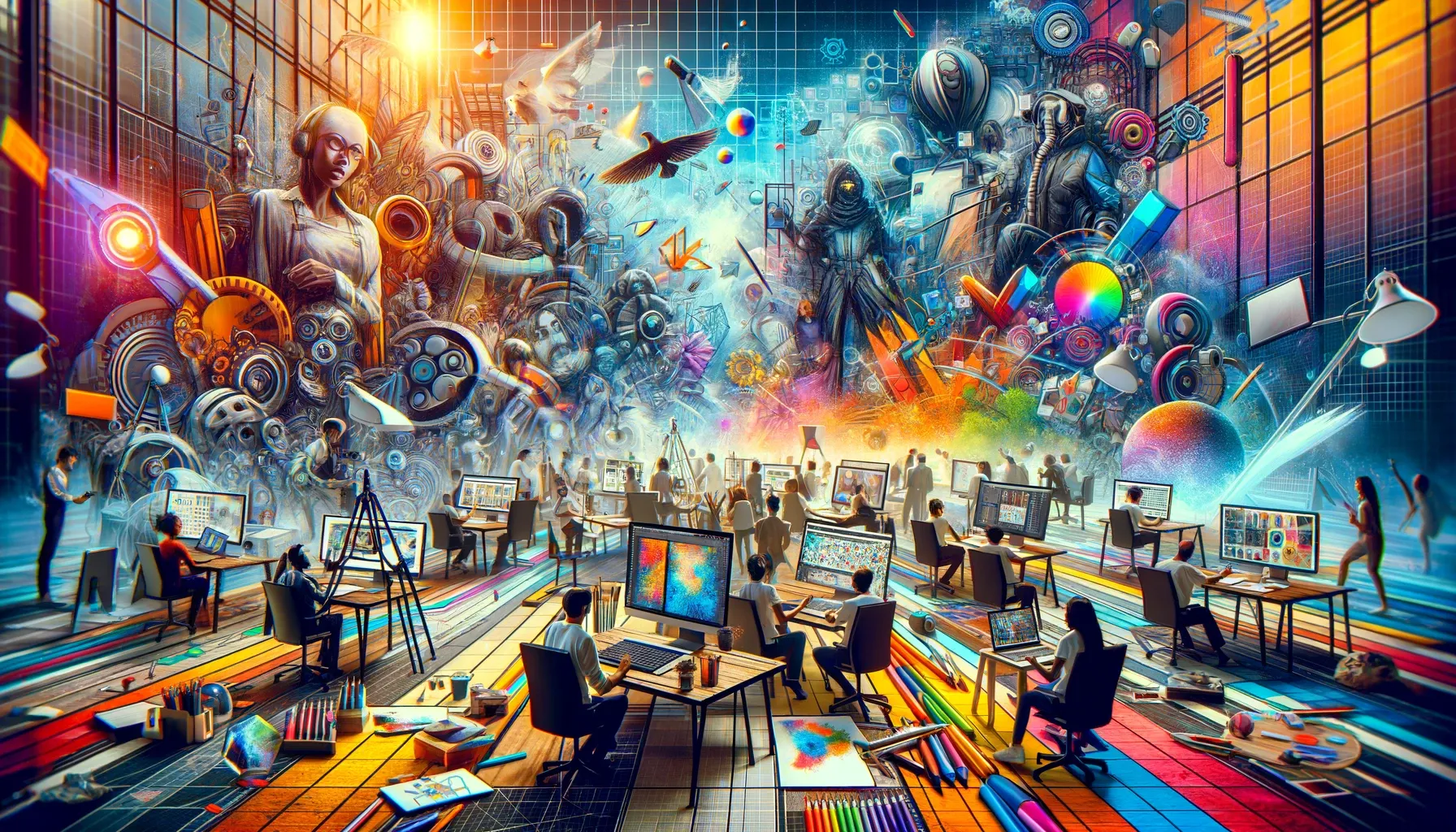Blockchain Gaming: Acclimating to the Inevitable
May 25, 2022 - 5 min read
Blockchain and NFT technology have been met with a lot of resistance, but that doesn't mean it's destined to fail, in fact, it's more likely we see it thrive and enter our lives in many ways over the next years and decades.

The below article is a sponsored post.
All new technology, from the light bulb to the TV to the smartphone, faces resistance. Change is hard. However, with the acceptance of new technology, human existence rapidly orients itself around the new technological advancement, and life is soon hard to imagine without it.
Traditionally, a few bright minds grasp the significance of some burgeoning new invention, while a larger aggregate of the population takes further warming up to catch on or be convinced.
The advent of the blockchain and cryptocurrencies, particularly as they relate to the gaming industry, has been no different.
People hear regularly of scams and pitfalls in the blockchain space while simultaneously watching cryptocurrencies dominate increasingly more of the financial sector, and are puzzled. But reference to the wild west of the internet, circa 2000, quickly resolves this puzzle: the new technology was already here to stay, but many particular instantiations of its use would ultimately fail.
Those that succeeded, however, would go on to change the world and immensely benefit the earliest believers.
With new technology, this is how it often goes: while largely ignored or unknown at first, there is a slow first aggregate of ‘early adopters,’ which takes years or even decades to build. Then come the next adopters who start to perceive the technology’s significance, followed by the beginning of the acceleration curve as more people come to know and understand it. Eventually, when the change is undeniable, the most resistant cave.
Often, but not always, those most resistant are of the older generation of the time (relative now in an internet world), or those who are most cemented in their industry, and who are therefore often bent into a certain mode and have trouble grasping such transformative shifts and how they will positively affect their lives. Many only perceive negative effects and challenges if these changes are permitted, and few desire the learning curve required to effectively use the new tools coming of age in the twilight of their years or careers.
But this resistance often comes at a high cost.
Alongside the public’s current tug-of-war with blockchain technology generally–oscillating between curious, hesitant, excited, and rejecting–a predictable user acceptance curve is happening right now in the gaming world. A growing aggregate is recognizing the legitimacy and power of blockchain technology in the gaming space, and particularly how it is enabling the fascinating phenomenon of Play2Earn (P2E).
But despite this reality, the gaming industry’s acceptance of the blockchain seems to be no different than the normative journey of new technology of the past, with many passionate gaming lifers failing to grasp its power, intrigue, and even its humanitarian capacities. Overlooked, too, is that blockchain gaming, as an iteration of Web 3.0 where decentralization of the internet is advancing, provides an opportunity for players to play a meaningful role in the game’s development, and to rally together to bring about the best possible infrastructure, economy, and gameplay. There is a strong sense of community and rallying together for a bigger purpose that is unique to blockchain gaming that should be striking to gamers.
The resistance to it remains strong, but peculiarly puzzling. While regular technology acceptance curves likely reflect the relative disinterest in technology in the general public, the gaming world is known to be one of the most tech-friendly cross-sections of the population, and most traditionally fascinated by the novel and exciting. Yet various industry giants or thought leaders, firmly rooted in the gaming industry of recent decades, don’t seem to want to take hold of the power inherent in the blockchain.
Blazing the trail of cryptocurrency gaming–as well as increasingly drawing a traditional gaming crowd–is Splinterlands, one of the leading blockchain gaming platforms in the world, boasting millions of users and a recent milestone of two billion plays.
As Splinterlands completes its third exponentially successful year, there is clear demand for and legitimacy behind P2E. So what is causing the hesitation?
Dr. Jesse Reich, the CEO and founder at Splinterlands, has some insights.
“I think a lot of people have latched onto the negative press from some of the ‘bad actors’ in the space, and most haven’t had a chance to look more deeply into the serious projects of all kinds being built on blockchain technology,” said Reich. “The malicious actors and the events surrounding them often make it into the press and are what catch the eyes of the mainstream media readers. I think people acquainted with the inverse are just in disbelief that you can play a game, and actually participate in a real economy, and have an enhanced gaming experience due to the strength and innovation of the blockchain. We find that players who experience Splinterlands really fall in love with the game, and then they will often come around on the blockchain tech element and be really excited about it.”
But perhaps it isn’t as complex as that. It could be as simple as ever: new technology always disrupts, and there will always be many who don’t like being disrupted.
Like those who failed to grasp the significance and inevitability of email, the iPhone, or Amazon, those who are slow to adopt the capacities of the blockchain in the gaming world are set up for massive losses of opportunity as well.
Blockchain technology, like much of the greatest technology that has gone before, has made the P2E concept in gaming take firm hold–and shows no sign of letting go. As the blockchain continues to impact every industry in the world, despite those who resist, the gaming industry will also see itself radically transformed in the coming months and years.
Newsletter
Enter your email address below to subscribe to my newsletter
latest posts





